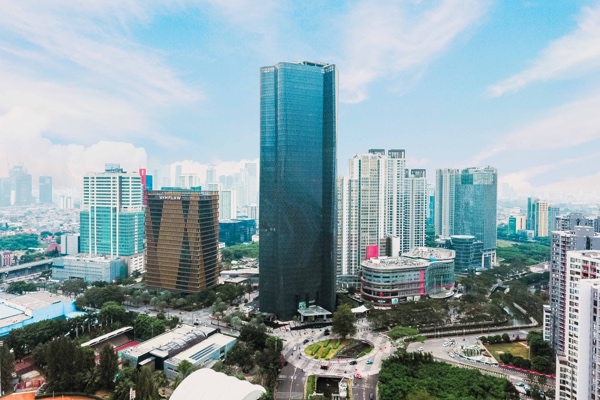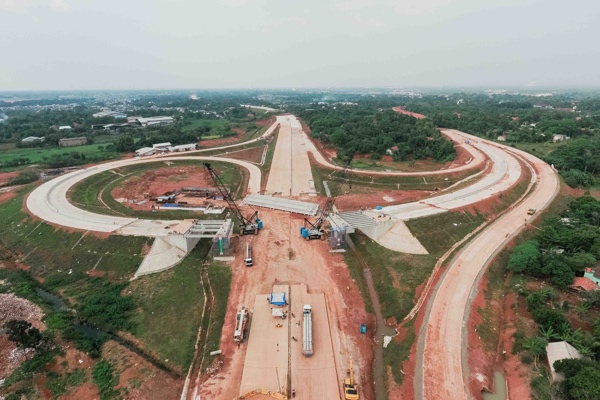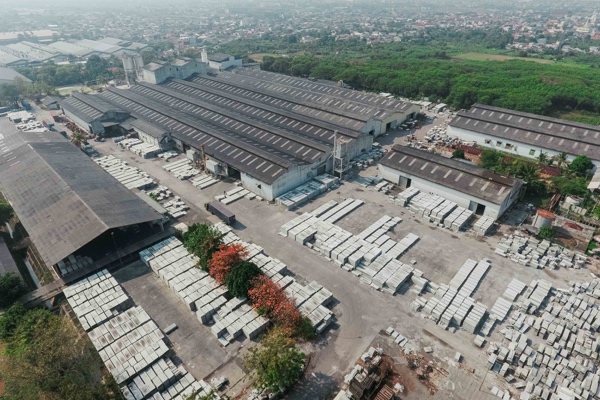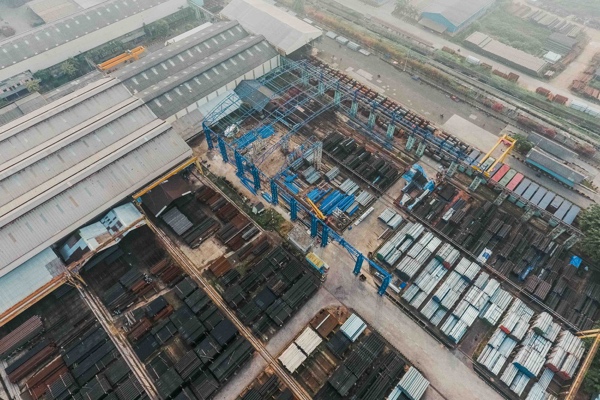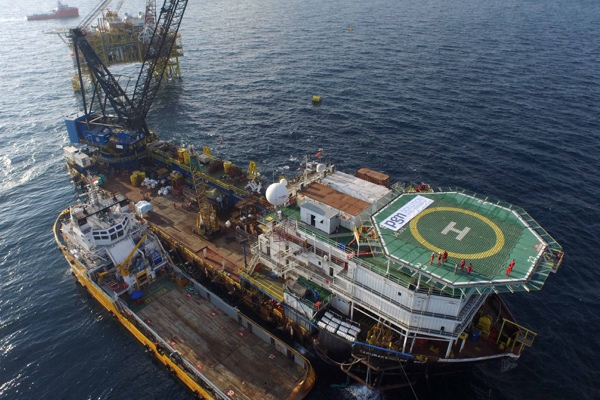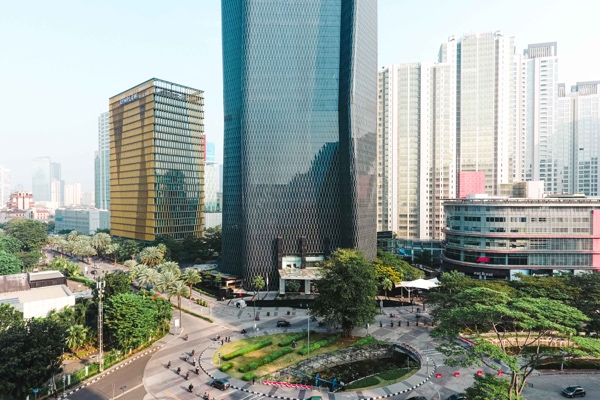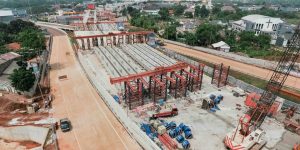VKTR and PENS Map the Potential of the Transportation Electrification Industry in Indonesia
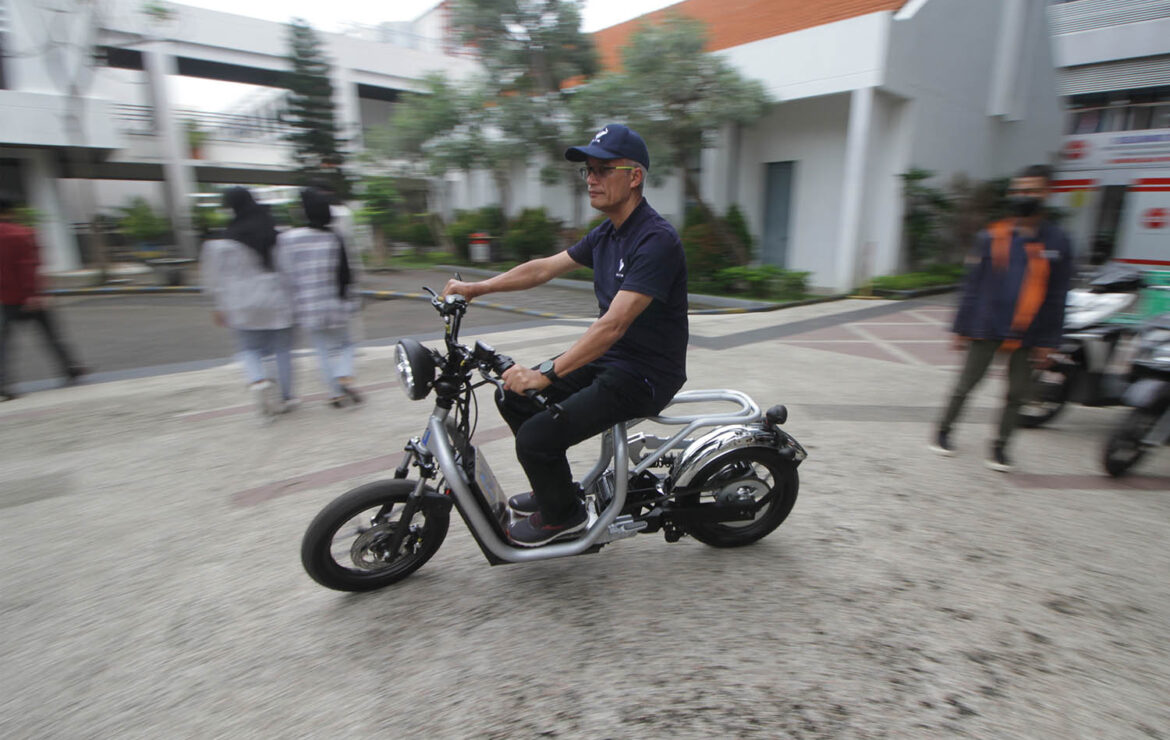
PT VKTR Teknologi Mobilitas (VKTR – or called ‘Vector’) in collaboration with the Politeknik Elektronika Negeri Surabaya (PENS) held a Focus Group Discussion (FGD) entitled “Mapping the Potential for Building the Indonesian Transportation Electrification Industry” and a technology exhibition, at the PENS Campus, Surabaya, Tuesday (29/11/2022). He said that this FGD was the initiative of both parties to jointly study more deeply the potential of the transportation electrification industry in Indonesia, as well as its future development.
PENS Director Aliridho Barakbah said that apart from VKTR, his party also invited a number of institutions such as Surakarta’s Sebelas Maret University (UNS), National Research and Innovation Agency (BRIN), PT PLN (Persero), and PT INKA (Persero) to participate directly in the discussion. the. “We hope that through this FGD all parties can work together more solidly in order to map the transportation electrification industry, identify constraints, potentials and opportunities so that we can develop them together immediately,” said Aliridho.
Aliridho also added that PENS and VKTR were holding a technology exhibition at the same time. One of them, they showcased the successful collaboration of the two parties in turning conventional combustion engined motorcycles into electric motorbikes, using a technology called retrofit. “I think this is an important achievement. We, the people of Indonesia, need affordable technology to increase the number of environmentally friendly modes of transportation, while at the same time helping to achieve the zero emission target in Indonesia more quickly,” said Aliridho.
VKTR President Director Gilarsi W. Setijono believes that the option of retrofitting conventional motorbikes into electric motorbikes can be an additional solution for the government and the wider community in efforts to reduce pollution in cities in Indonesia, utilizing appropriate technology at relatively affordable costs. “What is certain, this retrofit technology is not a rocket science and is relatively easy to apply. Therefore, we are optimistic that the method we offer can be quickly accepted by the wider community and of course, will receive full support from the government and the business world in particular,” said Gilarsi.
Gilarsi explained the fact that Indonesia is currently the third country with the most motorbike users in the world, where around 85 percent of households in Indonesia own at least one motorbike and make it the main means of transportation. According to a survey conducted by the Indonesian Motorcycle Industry Association (AISI), said Gilarsi, the number of motorbikes in Indonesia currently reaches more than 80 million, with 15 million of them used to pass through the city of Jakarta every day.
Challenge
In the FGD, Gilarsi explained a number of challenges currently being faced by the transport electrification industry in the country. Some of these are interrelated, such as the technology’s infancy and the lack of electric vehicle options on the market. Besides that, supporting infrastructure such as SPKLU (Public Electric Vehicle Charging Stations) have not been prepared. These three factors also affect the final price which is still relatively high. “These factors ultimately make our society feel that electric vehicles are not really needed at this time,” explained Gilarsi.
“After all, the industrialization of electric vehicles must be built and developed in Indonesia. Currently around the world, electrification is indeed one that is relied upon to become the core industry of the future,” said Gilarsi. “The challenge is that some basic things need to be prepared in advance, such as standard regulations for electric vehicles, which ideally the government can issue immediately, in the not too distant future,” continued Gilarsi
In order to accelerate the growth of this industry, a clear set of provisions is required; such as regulations related to the operation of electric vehicle public transportation, new vehicles & retrofit vehicles, regulations related to electric vehicle infrastructure, technical regulations for the production and use of batteries, to provisions related to financial incentives from the Government for electric vehicles. “We also need to increase affordability by cultivating local manufacturers. This will directly increase the economic value, as well as comply with domestic content level regulations (TKDN),” said Gilarsi.
At the end of the discussion, Gilarsi emphasized that his party was and would continue to establish synergies and strengthen coordination with regulators, industry players and academic institutions, especially with regard to business schemes and their future development. “We need to further expand cooperation with industrial players in this electrification ecosystem. And most importantly, as one of the pioneers in this industry, of course we will always need government support at every stage of development,” said Gilarsi closing his presentation. (*)

